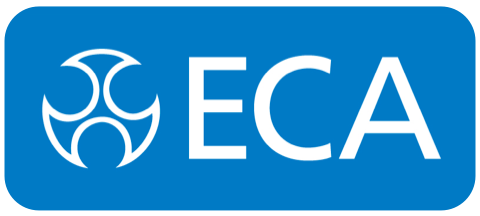
Starting next week, the Prompt Payment Code (PPC) is being fortified. From 1st July signatories to the Code must pay invoices issued by small businesses (0-49 employees) within 30 days.
The PPC is a voluntary code of practice sponsored by the Department of Business, Energy and Industrial Strategy (BEIS). Since moving to the Office of the Small Business Commissioner in March 2020 and becoming one of the pre-conditions to winning public sector work, it has more than 3,000 firms signed up. With powers to suspend or exclude from the PPC, it has had the greatest transformational change improving payment performance within construction.
ECA’s Business Policy & Practice team actively tackles the underlying issues which lead to poor payment practices within our sector. For example, we helped conceive the Construction Leadership Council’s Value Toolkit.
The Toolkit advocates for a structured approach to defining value beyond capital costs. We’ve led the establishment and promotion of the use of project bank accounts and helped guide the maturity of digital payment systems within our sector.
I chair the Cabinet Office SME Panel group on payment, which recommends to Government innovative ways to address unfair payment practices. ECA responded to the Consultation on the PPC reforms, and we believe that linking the opportunities to win work to proven positive payment performance, is far more effective than additional deterrents.
The new PPC has been significantly strengthened, including:
- Requiring a company’s CEO or Finance Director, or the business owner where it is a small business, to personally sign the Code to ensure responsibility for payment practices is taken at the highest level.
- Introducing a new logo for signatories to use in external communications to show their commitment to the Code, making it more damaging to a company’s reputation to breach it.
- Acknowledgement as a condition of signing the Code that suppliers can charge interest on late invoices.
- Enabling administrators of the Code to investigate breaches based on third-party information.
The BEIS Minister for small business, Paul Scully, wrote to all signatories prior to the reforms being announced to make them aware of the impending new requirements. They may display the PPC logo, provided they demonstrate how they will manage and enforce the changes.
Of most interest to UK small businesses, is the need for signatories to pay 95% of invoices from firms with fewer than 50 employees within 30 days (the target for larger businesses will remain 95% of invoices within 60 days).
Signatories that are found wanting, risk suspension and/or exclusion from the PPC which may then disqualify them from public sector tendering opportunities.
It’s hoped the changes will help the Code to grow further, attract new and significant signatories, and give small businesses real confidence to expect prompt payment from their customers.

